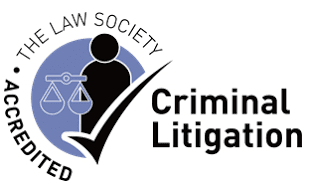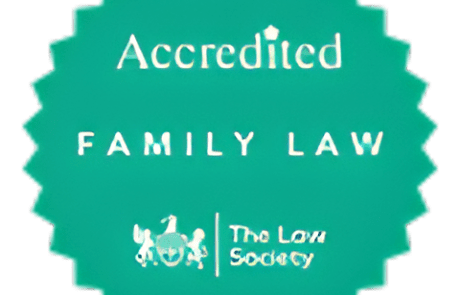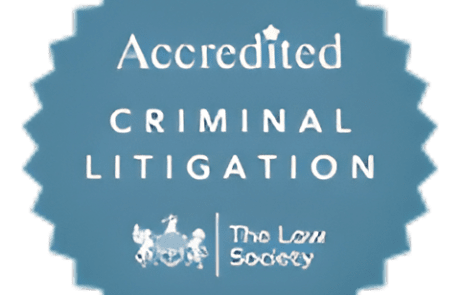The new UK government is set to implement significant changes to inheritance tax (IHT) for non-domiciled individuals, with the new rules likely coming into effect on 6 April 2025. These changes aim to charge individuals who have been UK residents for at least 10 years to IHT on their worldwide assets, regardless of their overseas residency or domicile status. This tax liability would only cease after 10 years of non-residence, introducing what is commonly referred to as the “10-year tail” for IHT exposure.
Current IHT Rules for Non-Doms
- Non-domiciled individuals (non-doms) are generally only liable for UK inheritance tax (IHT) on their UK assets. Foreign assets are generally excluded from the IHT calculation.
- However, if a non-dom individual has been resident in the UK for 15 of the last 20 years, they are treated as deemed domiciled in the UK for tax purposes, and this includes exposure to IHT on their worldwide assets.
However, these rules are set to change. After 06 April 2025, inheritance tax liability on worldwide assets will only cease after 10 years of non-residence in the UK. Effectively, someone will have had to have lived outside the UK for 10 years before any foreign assets can be considered for exclusion for IHT purposes.
The current standard inheritance tax (IHT) rate in the UK is 40%. This rate applies to the value of an estate that exceeds the nil-rate band, which is £325,000 per individual. With the average UK family home now valued at almost £300,000, this nil-rate band can be breached quicker than most people think. However, certain exemptions and reliefs can reduce the IHT liability:
- Nil-rate band: The first £325,000 of an estate is taxed at 0%, meaning no IHT is paid on this amount.
- Residence nil-rate band (RNRB): If a person passes their main residence to their direct descendants (e.g., children or grandchildren), an additional allowance of up to £175,000 can be added to the nil-rate band, potentially raising the tax-free allowance to £500,000 per individual.
- Spousal exemption: Transfers of assets between spouses or civil partners are usually exempt from IHT, meaning no tax is due on assets left to a surviving spouse.
- Charitable donations: If 10% or more of the estate is left to charity, the IHT rate on the remaining taxable estate is reduced from 40% to 36%.
Key points for UK nationals living abroad from 06 April 2025:
- 10-Year Non-Residency Requirement: To avoid IHT on worldwide assets, a UK national living abroad must remain non-resident for a full 10 years. If they return to the UK for any significant amount of time within that period, their foreign assets may remain within the IHT net.
- Deemed Domicile: A UK national who was previously deemed domiciled due to long-term UK residency may still have their worldwide assets subject to IHT if they haven’t been abroad for the full 10 years required under the new rules.
- Trusts: If they have set up excluded property trusts (EPTs) holding foreign assets, these will also fall within IHT if they do not meet the 10-year non-residency condition by the time the changes take effect.
Extended Worldwide IHT Exposure: The proposed new rule effectively increases the window of IHT exposure on foreign assets. Previously, an individual could mitigate liability after ceasing residency, but this extension means they remain liable for a longer period after leaving. If they have been non-resident for more than 10 years, their foreign assets could potentially fall outside the scope of UK IHT under the proposed rules set to take effect in April 2025. However, this would depend on their tax residency and domicile status.
Need for Careful Planning: Individuals who have failed to mitigate or avoid IHT on foreign assets may need to consider their situations carefully. The 10-year period means they would need to stay non-resident for a substantial amount of time to avoid IHT on foreign assets. This may lead to increased complexity in estate and tax planning for families with international assets. UK nationals should now begin to seek professional advice to protect their foreign wealth from UK IHT.
For trusts, the changes will also affect foreign assets held in excluded property trusts (EPTs), making them subject to IHT from April 2025, depending on factors like the settlor’s residency status.
If you are potentially affected, it would be prudent to review your estate planning strategies before these rules are fully implemented to explore if your foreign assets can be excluded from IHT liability.
At Astraea Linskills, our experienced team offers personalised advice to help you secure your legacy and optimise your estate planning strategies. Don’t leave your financial future to chance—contact Astraea Linskills today for a comprehensive consultation and ensure your wealth is safeguarded under the new tax regulations.

















































